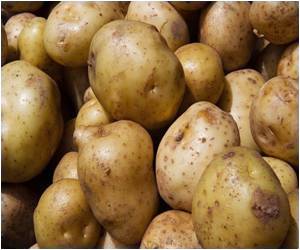
The results indicated while dark green vegetables had the highest nutrient density scores, after accounting for cost, starchy vegetables (including potatoes) and beans provided better nutritional value for the money.
Potatoes, in particular, provide one of the lowest cost options for four key nutrients including potassium, fiber, vitamin C and magnesium.
Among the most frequently consumed vegetables, potatoes and beans were the lowest-cost sources of potassium and fiber-nutrients of concern, as identified by the 2010 USDA Dietary Guidelines.
"The ability to identify affordable, nutrient dense vegetables is important to families focused on stretching their food dollar as well as government policy makers looking to balance nutrition and economics for food programs such as the school lunch program and WIC," lead researcher Adam Drewnowski, PhD said.
"And, when it comes to affordable nutrition, it's hard to beat potatoes," he said.
Advertisement
In addition, one medium-size (5.3 ounce) skin-on potato contains just 110 calories per serving, boasts more potassium (620g) than a banana (450g), provides almost half the daily value of vitamin C (45 percent), and contains no fat, sodium or cholesterol.
Advertisement
Source-ANI









